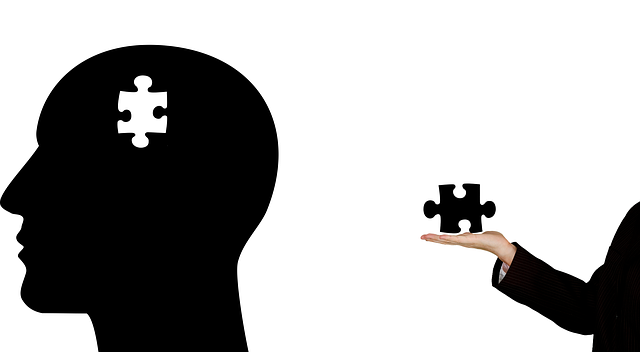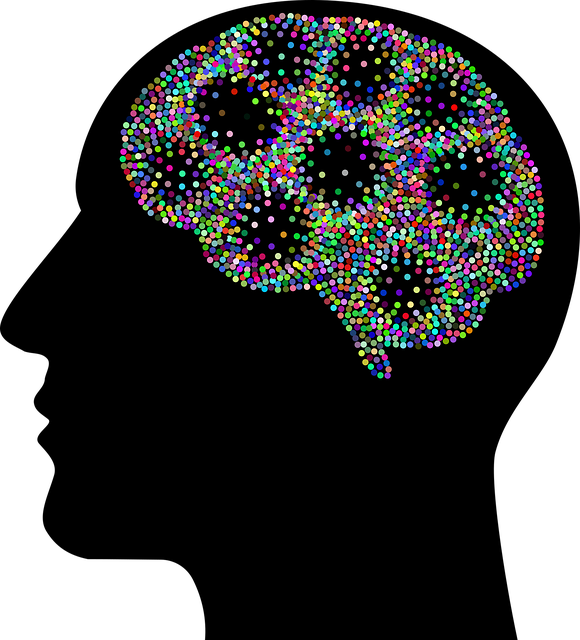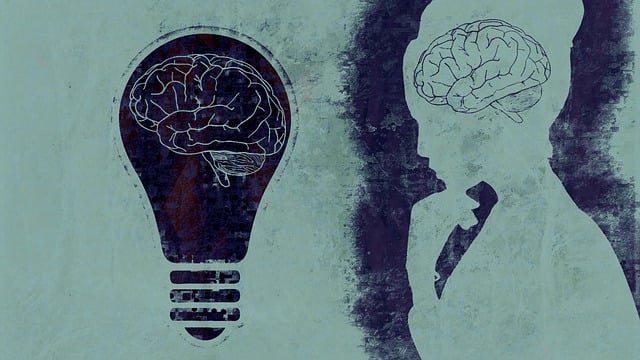Denver Interpersonal Issues Therapy (DIIT) is an evidence-based approach targeting interpersonal challenges that impact mental health. By focusing on healthier communication, empathy, and coping strategies, DIIT builds inner strength and conflict management skills. Integrated community programs extend support beyond therapy, addressing social dynamics crucial for well-being. Social skills training empowers individuals with mental health conditions to improve relationships, reduce stigma, and foster inclusive environments. Using Mind Over Matter Principles and self-reflection, personalized training programs develop emotional intelligence and crisis intervention strategies, enhancing mental wellness and quality of life.
“Social skills training is a powerful tool in supporting individuals with mental health conditions, offering a unique approach to enhancing interpersonal relationships and overall well-being. This article explores the transformative potential of Denver Interpersonal Issues Therapy (DIIT), delving into its role in addressing social challenges often associated with various mental health disorders. By understanding the impact of social skills on mental health and identifying specific interpersonal issues, we’ll uncover effective training strategies and provide a step-by-step guide to integrating DIIT into comprehensive treatment plans.”
- Understanding Denver Interpersonal Issues Therapy: An Overview
- The Impact of Social Skills on Mental Health
- Identifying Challenges: Common Interpersonal Issues in Mental Health Conditions
- Strategies for Effective Social Skills Training
- Integrating Social Skills into Treatment Plans: A Step-by-Step Guide
Understanding Denver Interpersonal Issues Therapy: An Overview

Denver Interpersonal Issues Therapy (DIIT) is a therapeutic approach designed to help individuals navigate and overcome interpersonal challenges that significantly impact their mental health. This evidence-based method recognizes the profound influence social interactions and relationships have on one’s emotional well-being, especially for those struggling with various mental health conditions. DIIT focuses on fostering healthier communication patterns, enhancing empathy, and building resilient coping strategies within personal connections.
The core of this therapy lies in its ability to empower individuals to develop inner strength by understanding their emotions and those of others. Through structured sessions, clients learn valuable coping skills, enabling them to manage interpersonal conflicts more effectively. Moreover, DIIT often incorporates community outreach program implementations, fostering a support system that extends beyond the therapy room. This holistic approach aims to revolutionize mental healthcare by addressing social dynamics as integral contributors to overall well-being and recovery.
The Impact of Social Skills on Mental Health

Social skills play a pivotal role in an individual’s mental health and overall emotional well-being. Often, individuals dealing with various mental health conditions, such as anxiety or depression, may experience difficulties in social interactions, leading to feelings of isolation and exacerbating their symptoms. In Denver interpersonal issues therapy, professionals recognize that enhancing social skills can be a powerful tool for recovery. By learning effective communication techniques, individuals can improve their relationships, boost self-confidence, and create a supportive network—all essential components in promoting mental wellness.
The benefits extend beyond personal connections; participating in group activities or joining communities centered around shared interests can foster a sense of belonging and combat loneliness. Moreover, the Mental Wellness Podcast Series Production has gained popularity as an accessible medium to share emotional well-being promotion techniques, while Mind Over Matter Principles encourage individuals to take control of their mental health through self-care practices. These initiatives collectively contribute to creating a more supportive environment, ultimately aiding in managing and improving one’s mental health.
Identifying Challenges: Common Interpersonal Issues in Mental Health Conditions

Many individuals struggling with mental health conditions often face significant interpersonal challenges that can impact their daily lives and relationships. These Denver interpersonal issues therapy addresses common difficulties such as social anxiety, difficulty with communication, and understanding appropriate social boundaries. In many cases, clients may struggle to initiate or maintain conversations, interpret social cues, or express their needs and feelings effectively.
Through specialized techniques, like empathy building strategies and compassion cultivation practices, therapists can help individuals develop essential skills for navigating social situations. By integrating cultural sensitivity in mental healthcare practice, treatment becomes more inclusive, ensuring that diverse populations receive support tailored to their unique experiences and backgrounds.
Strategies for Effective Social Skills Training

Social Skills Training is a powerful tool for individuals navigating mental health conditions, offering strategies to enhance interpersonal connections and overall well-being. At Denver Interpersonal Issues Therapy, we focus on evidence-based techniques that empower clients to build and maintain healthy relationships, reducing feelings of isolation often associated with mental illness.
Effective training involves teaching emotional intelligence—the ability to recognize and manage one’s emotions and understand others’ perspectives. This fosters empathy and improves communication. Additionally, addressing depression prevention through social skills development can create a support network that acts as a buffer against negative thoughts and behaviors. Mental illness stigma reduction efforts are also integrated into our approach, encouraging open dialogue and promoting understanding among peers, which is vital for creating an inclusive environment where individuals feel valued and supported.
Integrating Social Skills into Treatment Plans: A Step-by-Step Guide

Integrating social skills training into treatment plans is a powerful approach to addressing interpersonal issues, particularly in Denver Interpersonal Issues Therapy. This step-by-step guide focuses on enhancing mental wellness through practical strategies. Firstly, assess the individual’s current social functioning and identify specific areas for improvement using Mind Over Matter Principles. This initial phase involves self-reflection and feedback from close companions or family members.
Once identified, tailor a personalized training program incorporating Mental Wellness Journaling Exercise Guidance. Encourage clients to track their interactions, emotions, and thoughts in a journal to foster self-awareness. Regularly review these entries to identify patterns and triggers for challenging social exchanges. Crisis Intervention Guidance can also be integrated, providing tools to manage intense emotional reactions during social interactions. This holistic approach ensures individuals develop resilience and confidence, ultimately improving their overall mental health and quality of life.
Social skills training, as integral as it is in Denver Interpersonal Issues Therapy, plays a pivotal role in enhancing mental health. By understanding and addressing interpersonal challenges specific to various conditions, individuals can navigate social interactions with greater confidence. Through effective strategies and integrated treatment plans, those seeking support can gain the tools needed to build meaningful connections, improve overall well-being, and live more fulfilling lives. Denver Interpersonal Issues Therapy offers a comprehensive approach, empowering individuals to overcome barriers and foster healthy relationships.














